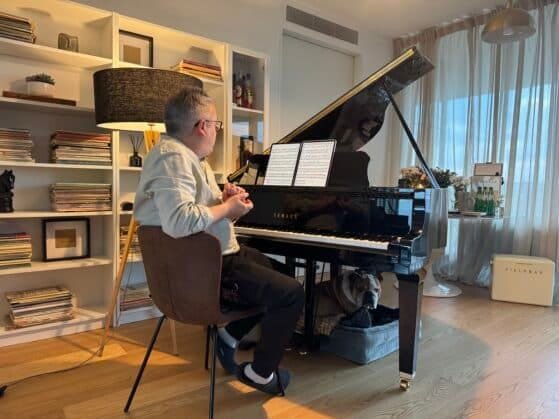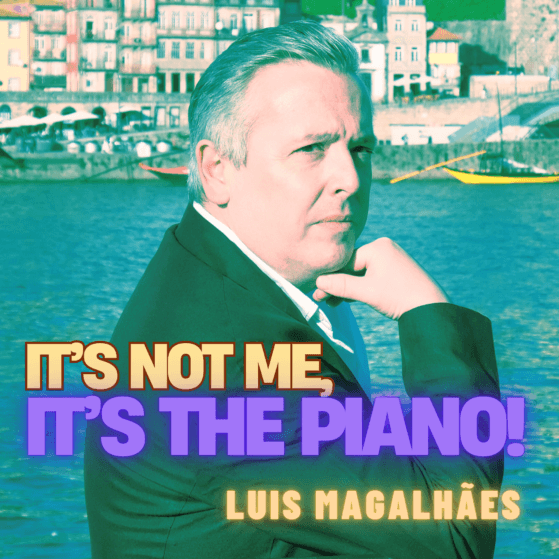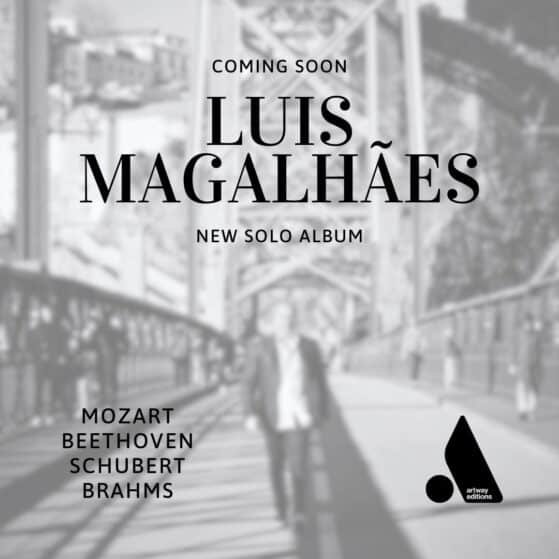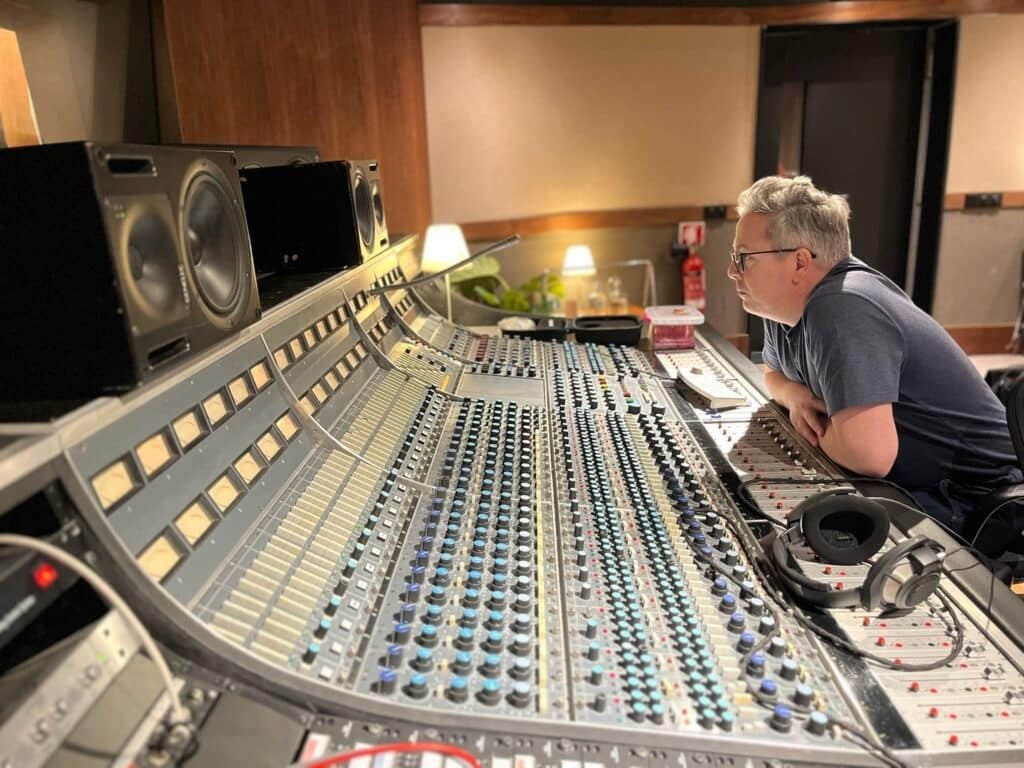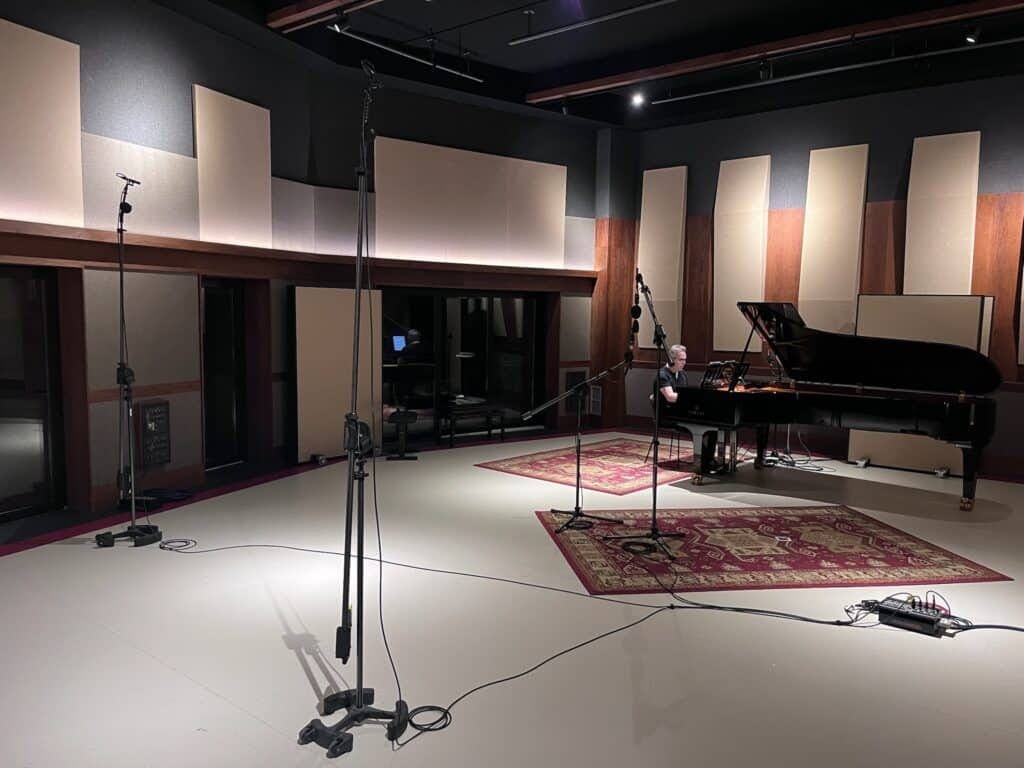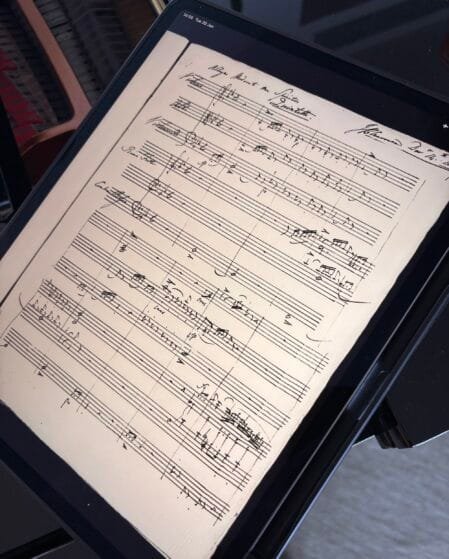
Why Cramer’s Piano Quintets Deserve to Be Played Again – Preparing Piano Quintet No. 3, or Why Good Manners Ruined His Career
Johann Baptist Cramer had a serious problem. He was excellent at everything he did.
He was admired by Beethoven. He was one of the most respected pianists in Europe. He wrote music that fits the hands, makes musical sense, and does not collapse under pressure. Naturally, history responded by quietly ignoring most of it.
Johann Baptist Cramer is remembered today almost exclusively for piano studies. This is like remembering Ferrari solely for the spare parts catalogue. Useful, yes. But it misses the point.
Cramer’s Piano Quintets suffer from a fatal flaw in modern concert life. They behave. They do not scream. They do not posture. They do not attempt to impersonate an orchestra while the strings cling on for dear life. They assume that everyone involved knows what they are doing. This assumption alone has kept them out of the repertoire.
Piano Quintet No. 3 is a masterclass in proportion. The piano part is busy, articulate, and beautifully written, but it is never allowed to become the centre of the universe. This is not a concerto with string decorations. This is chamber music. The piano is expected to listen. To blend. To occasionally shut up. An outrageous demand.
On a modern concert grand, this becomes immediately uncomfortable. The instrument is large, powerful, and keen to help whether you asked for it or not. Cramer did not write for this. He wrote for clarity. Which means the pianist must spend a considerable amount of time doing less. Less pedal. Less sound. Less self-expression. More judgement.
This is harder than it sounds. The piece has no patience for interpretive freelancing. It rewards precision and punishes optimism. And yet, when done properly, the music is deeply satisfying. It has wit without punchlines. Charm without flattery. Confidence without noise. An approach that, if applied more broadly, would solve many problems.
For audiences, I am curious about the effect it might have. I wonder if they will listen, follow lines or hear conversation rather than competition.
So why is Cramer rarely played. Because he sits in the wrong place historically. Too late to be purely Classical. Too early to indulge in Romantic excess. Too well balanced to fit the modern appetite for extremes. He does not fit a narrative. He fits music.
Cramer’s Piano Quintet No. 3 will be performed on 15 February at Conway Hall, London, in a programme that unintentionally proves the point. Beethoven’s Piano Quartet Op. 16 opens with elegance and a sense of humour sharp enough to survive two centuries. Cramer follows, reminding everyone that good writing does not need to announce itself. Schubert’s “Trout” Quintet closes the evening by cheerfully ignoring all restraint and getting away with it.
Programme
6.30pm
Beethoven. Piano Quartet in E flat Op. 16
Cramer. Piano Quintet No. 3 in B flat Op. 79
Schubert. Quintet in A major “Trout” D 667
Performers
Martyn Jackson. violin
Robert Smissen. viola
Ursula Smith. cello
Leon Bosch. double bass
Luis Magalhães. piano
Cramer does not need rescuing. He needs performers willing to play what is written, listeners willing to pay attention, and a general reduction in unnecessary drama.
Which, admittedly, makes him a difficult sell. Come join us! Tickets here.
